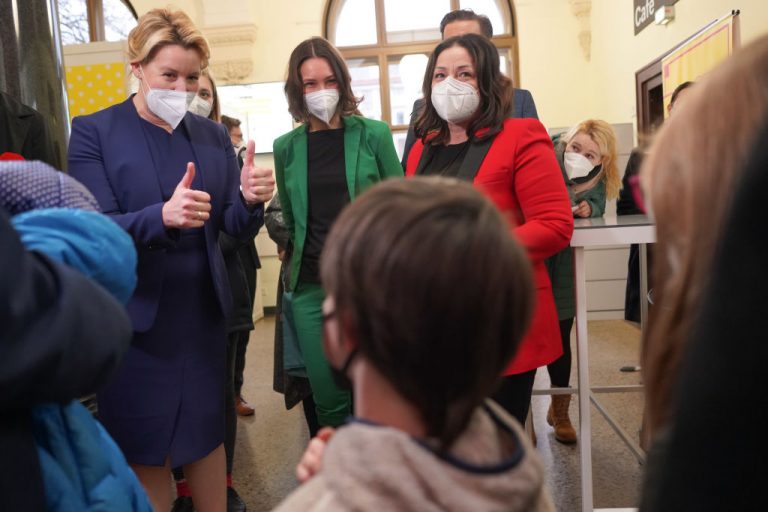Children between the ages of five and 11 can now be vaccinated against COVID-19 in the German capital of Berlin. A few other states in the country have already begun vaccinating kids. Berlin’s decision came after an independent advisory panel recently approved COVID-19 vaccines for children between five and 11 who have preexisting conditions or have come into contact with vulnerable individuals.
In Berlin, children are being inoculated via mass vaccination centers at doctors’ offices, schools, and museums. The kids are given a dose of the Pfizer/BioNTech vaccine. After receiving the first dose, children will get their second shot three to six weeks later, according to the recommendation of the advisory panel known by the acronym STIKO.
For children without preexisting conditions, the panel approved vaccination if there is an “individual desire” to do so. However, it stopped short of making a general vaccine recommendation for kids under the age of 12, stating that it could not assess the risk of rare side effects due to limited data. The STIKO decision came weeks after the European Medicines Agency (EMA) cleared the use of COVID-19 vaccines on children.
In addition to Germany, other nations in Europe are also pushing forward with vaccinating children. In Italy, which has approved inoculating kids against COVID-19, one region is sending jugglers and clowns to clinics.
Spain will begin vaccinating younger kids beginning Dec. 15. Belgium is expected to start the roll-out in January. In France, vaccinations are only targeting kids who suffer from a serious health condition or are overweight. Twenty-seven million kids between the age of five and 11 in the EU are eligible for vaccination.
Success
You are now signed up for our newsletter
Success
Check your email to complete sign up
However, there is strong parental opposition to inoculating kids. In Italy, a survey from early December showed that only 40 percent of parents of children in the age group of five to 11 supported vaccination.
A poll by a Dutch TV channel found 42 percent of parents are unwilling to vaccinate kids in the age group of five to 12. Only 30 percent stated that they will get their kids inoculated.
Of the various reasons why parents are hesitant to vaccinate their children, the main reason is the lack of data about the potential side effects that the vaccines would have on kids. There have been reports of heart inflammation among younger men at higher rates than the general population after these men got vaccinated. This has also created doubts among some parents.
Some studies have questioned whether children should be vaccinated against COVID-19. An article published in October by statistician William Briggs found that only 542 American kids have died from the pandemic since Jan. 2020. Given that there are 73 million children in the United States, the death rate from COVID-19 comes at just 0.000007.
In the same period, almost twice as many children have died from pneumonia. “There exists no justification based on any available evidence for mandatory vaccines for kids,” Briggs writes.
One research from May looked at blood from children prior to getting infected by the virus. The researchers found that children’s blood had memory B cells that can bind to the COVID-19 virus.
“Children had higher frequencies of B cells with convergent BCR (B cell receptor) heavy chains against previously encountered pathogens and higher frequencies of class-switched convergent B cell clones against SARS-CoV-2 and related coronaviruses. These findings suggest that encounters with coronaviruses in early life may produce cross-reactive memory B cell populations that contribute to divergent COVID-19 susceptibilities,” the study states.















